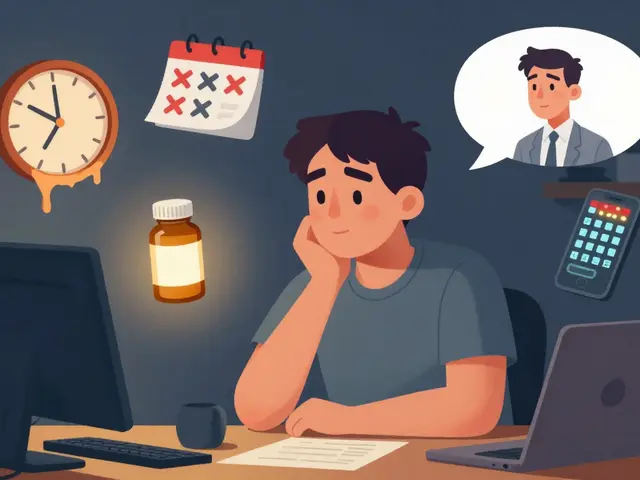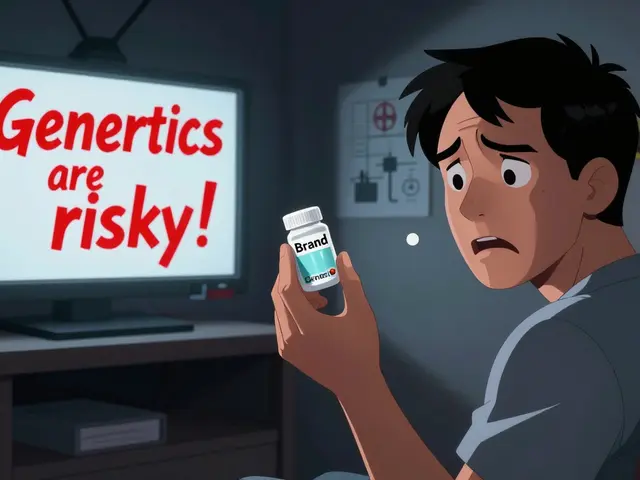Nutritional deficiencies: signs, tests, and simple fixes
Missing key nutrients doesn't always look dramatic. You might feel tired, foggy, or have slow-healing cuts and assume it's stress. But those small changes can point to real nutritional deficiencies that are easy to fix once you know what's missing.
Common signs and tests
Different deficiencies show different clues. Iron deficiency often causes fatigue, breathlessness, and pale skin. Vitamin B12 can bring numbness, balance problems, memory slips, and unusual tiredness. Low vitamin D means bone pain, muscle weakness, or frequent colds. Zinc deficiency may cause poor wound healing and a reduced sense of taste. Iodine problems can lead to a swollen neck (goiter) and low energy.
Don’t guess. Simple blood tests give clear answers: CBC and ferritin for iron, serum B12, 25-hydroxyvitamin D for vitamin D, and zinc or iodine tests when suspected. Talk to your doctor about symptoms and get targeted tests rather than random panels.
Simple fixes that work
Fixing a deficiency usually follows the same plan: confirm with a test, change diet, add targeted supplements if needed, then retest. Food-first works for many people. Eat iron-rich foods like lean red meat, lentils, and spinach with a squeeze of lemon or other vitamin C to boost absorption. For B12, eat fortified foods or animal products; vegans often need a B12 supplement.
Vitamin D is tougher to get from food alone. Safe sun exposure and a vitamin D3 supplement often raise levels reliably. Iodized salt or seafood helps with iodine. Zinc is found in oysters, beef, and pumpkin seeds. Aim for whole foods and choose fortified options if your diet is limited.
Supplements help when diet can’t cover the gap, but use the right dose. Too much of some nutrients causes harm — high vitamin A or iron can be toxic. Follow dosing advice from a clinician and avoid taking multiple multivitamins at once without checking interactions.
Certain meds and health conditions change your needs. Metformin and proton pump inhibitors can lower B12. Celiac disease, inflammatory bowel disease, and older age reduce absorption of several nutrients. If you have chronic illness or take long-term meds, discuss regular screening with your provider.
Practical plan you can start today: note your top symptoms, ask your doctor for focused blood tests, add a few nutrient-rich foods to meals, and get a short, guided supplement plan if tests show a deficiency. Recheck levels after 8–12 weeks to track progress.
Keep food labels in mind: many packaged foods are fortified with vitamin D, B12, iron, or folic acid. Tracking what you eat for two weeks often reveals gaps quickly. Use a simple app or a notebook. If you travel, carry small supplements and a list of medications to avoid missed doses and interactions and emergency contacts.
If symptoms are severe — sudden numbness, chest pain, fainting, or major weight loss — get medical help right away. For most mild deficiencies, a clear test and a simple diet and supplement plan will get you back to feeling normal.





